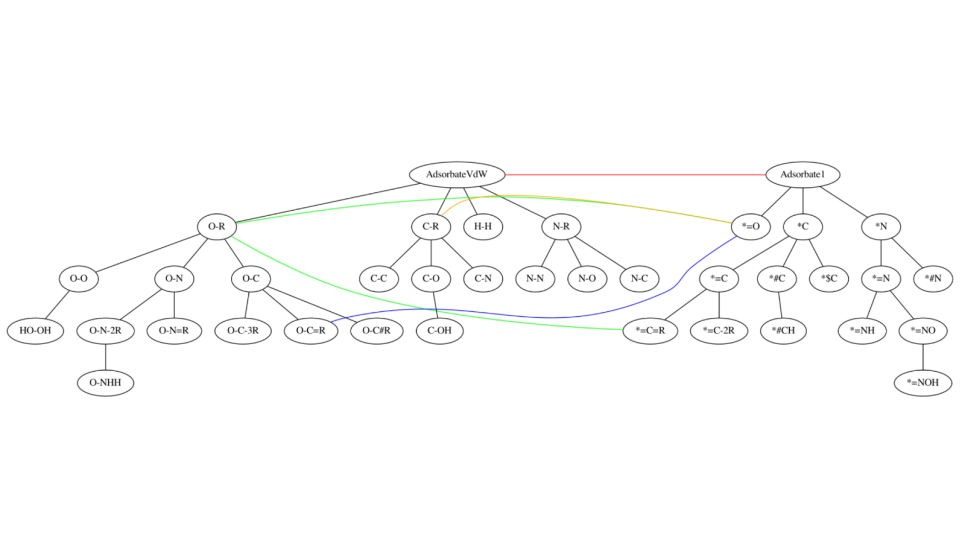The electronics-led information revolution has transformed nearly every aspect of human life. The transformative revolution was mainly triggered in the 1950s by the rise of semiconductor technology. Compute power per unit area (transistors per unit area) has grown exponentially according to Moore’s Law, enabling modern micro-electronics and powerful embedded processors unthinkable only 50 years earlier. However, technology is pushing the physical limits of how small modern silicon devices can be fabricated. Molecular electronics is a promising solution to extend Moore’s law beyond the quantum limit of silicon-based semiconductors. Despite the rapid progress of molecular electronics on the experimental side, the theoretical modeling of electron transport across nanoscale molecular devices remains a challenging task. The difficulty primarily lies in the fact that electron transport is intrinsically a non-equilibrium process in open systems while most well established theories were derived for closed systems in the adiabatic limit. In the proposed study, we plan to apply our newly developed time-dependent PT-symmetric approach featuring asymmetric transmission resonance potentials on some well-studied model transport systems for rigorous justification.
This project supports integrating the PT-symmetric quantum transport approach and the real-time time-dependent density functional theory into a massively parallel molecular simulation package. Once the project is accomplished, a solid theoretical and computational framework will be established for the systematic design of molecular electronics with desired electrical property.


